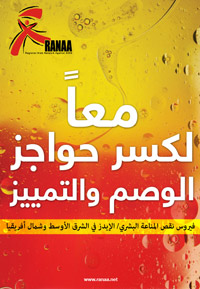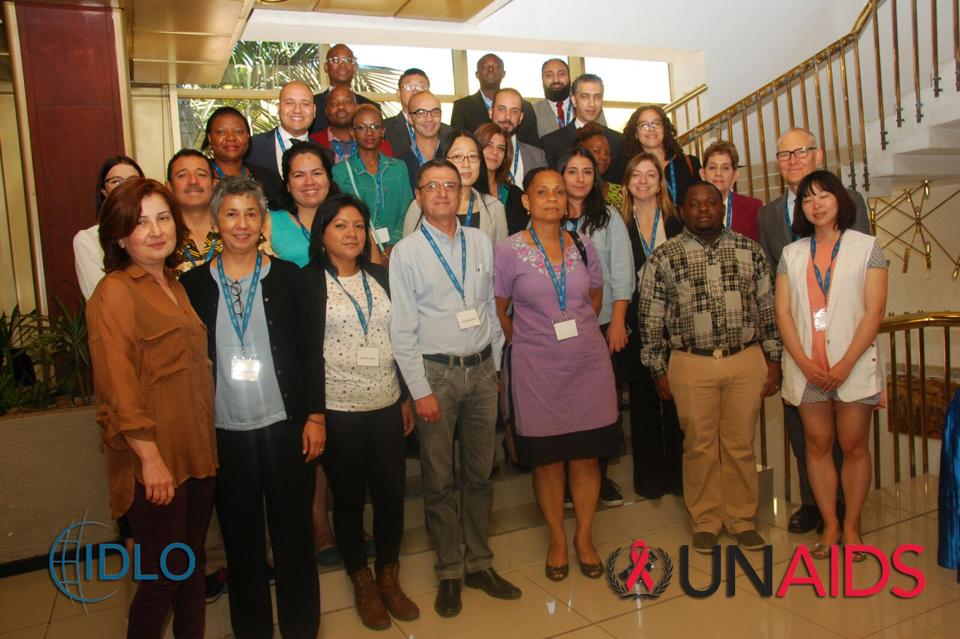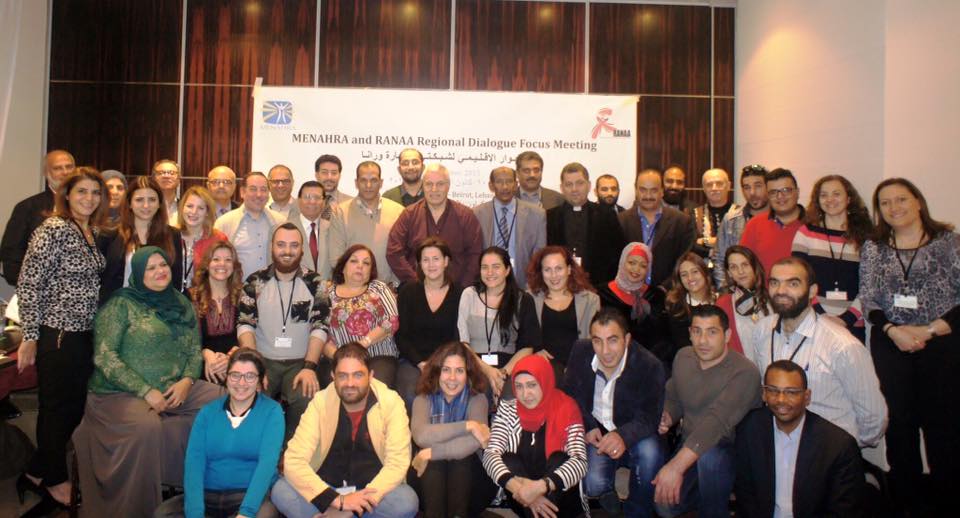Extract from the UNAIDS Middle East and North Africa Regional Report on AIDS - 2011
From the beginning of the HIV epidemic, Morocco has adopted a multisectoral approach, with clear recognition by the policy-makers of the fundamental role of Civil Society Organizations (CSOs). The early mobilisation of CSOs in prevention among key populations at higher risk of HIV exposure has been guided by principles such as freedom of action and speech, and human rights.
The Association de Lutte Contre le Sida (ALCS) has initiated outreach prevention programmes among female sex workers in 1991 and men who have sex with men in 1993 in Casablanca and Marrakech, including with mapping and needs identification of these populations. Since then, other nongovernmental organizations (NGOs) such as OPALS FES, Association Marocaine de Solidarité et de Dévelopement (AMSED) and Association Sud contre le sida (ASCS) have joined to help scale-up such interventions.
Over the years, the programmes have been expanded to cover the 18 sections of ALCS with more than 350 volunteers and 50 outreach workers in different sites such as coffees, bars, parks – all listening, explaining, informing and orienting key population to services. The programmes offer a large range of behaviour change, medical and social services, including awareness raising, condom distribution, HIV counselling and testing, STI treatment, psychosocial support and income-generating activities. An education programme using the Internet for men who have sex with men has been started. Outreach programmes among men who have sex with men and sex workers implemented by thematic NGOs in several sites across the country have reached 15 000 men who have sex with men and 30 000 female sex workers in 2009.
A harm reduction programme for people who inject drugs was initiated in 2007 in Tangier, and has been extended to
Tetouan and Nador with NGOs playing an active role in advocacy and implementation (ASCMPH, RDR and ALCS). The range of services includes awareness and education, distribution of injection kits and condoms, needle exchange, and social and peer support. The harm reduction network includes several NGOs working in this field, and nearly 1500 people who inject drugs were reached in 2009. An opioid substitution therapy pilot programme was launched in June 2010 for 120 people who inject drugs in four sites.
ALCS has also been working with vulnerable populations, mainly factory workers, prisoners, truck drivers and migrants.
Interventions are focused in priority regions selected based on a number of criteria such as epidemiological, economic and social.
In Morocco, NGOs also play a major role in the implementation of HIV testing activities, using fixed centres and mobile units.
A national testing day is organized annually by ALCS. The testing centres completed 45 076 tests in 2009 (52% for men and 48% for women) with 54% of tests handled by the mobile centres. Key populations at higher risk made up approximately 23% of the tests administered. The Ministry of Health has started a process of integrating voluntary HIV testing in health centres in priority areas and a screening strategy initiated by the provider. To ensure service quality, the Ministry is implementing a certification process for testing centres. All persons found to be HIV-positive are referred to treatment centres with the assistance of mediators (“mediateurs therapeutiques et sociaux”) from NGOs.

 RANAA works to strengthen the role of the civil society in limiting the spread of HIV/AIDS in the MENA region ...
RANAA works to strengthen the role of the civil society in limiting the spread of HIV/AIDS in the MENA region ...








